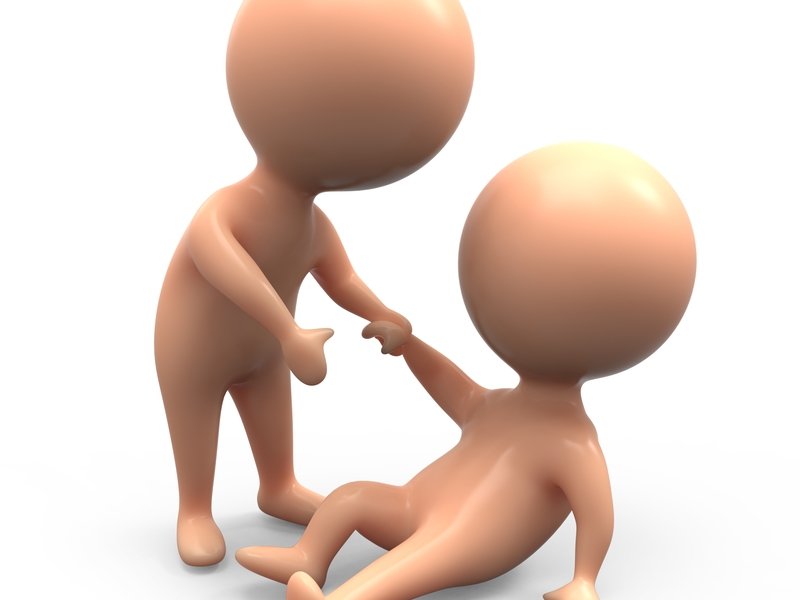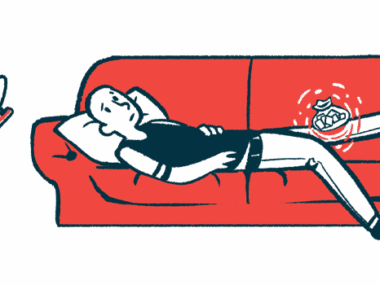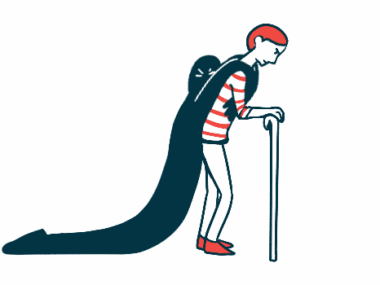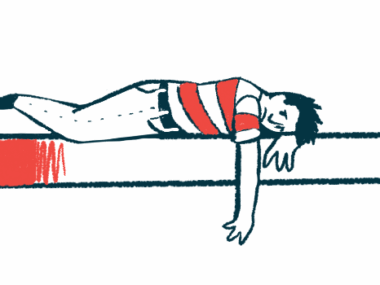Warning Signs of Depression in People With EDS
Written by |

Being diagnosed with a chronic illness, such as Ehlers-Danlos syndrome (EDS), can be stressful and lead to depression in patients and their families. Patients may feel that they’ve lost control of their lives after their diagnosis, which can make them feel anxious.
Practicing self-care is important to maintain good health. If you experience any of the following signs of depression, talk to a doctor about the different treatment options available.
Feelings of hopelessness or despair
Feeling down occasionally is normal, but if you feel hopeless and despair most of the time, you may be clinically depressed.
Lost interest in hobbies
If you’ve lost interest in hobbies that previously were important and enjoyable to you, or if you find it hard to connect with friends and family, you may be experiencing signs of depression.
Weight and appetite changes
Rapid changes in weight — loss or gain — may indicate that something is wrong mentally. Depression can cause some people to lose their appetite, and others to increase their appetite for unhealthy or “comfort” foods.
Sleep changes
Depression can cause people to have insomnia, or difficulty falling or staying asleep. Others may have difficulty waking up.
Mood changes
Feelings of agitation or restlessness, and the feeling of being in danger of losing your temper over minor things, can be signs of depression.
Guilt or self-loathing
Another sign of depression is feeling guilty for no reason, or putting yourself down, either to yourself or when talking to others.
Concentration problems
Trouble focusing on problems or tasks, and forgetfulness can be signs of depression.
Aches or pains
Depression can lead to physical symptoms, including back problems, stomach pains, or general aches. EDS can also lead to chronic pain, which is hampered by depression. Talk to your doctor about any pains you are experiencing.
Feeling suicidal
Depression is a major risk factor for suicide. If you have suicidal thoughts, seek help as soon as possible. In the U.S., the National Suicide Hotline provides 24-hour support by phone, text, or online chat.
Last updated: Jan. 30, 2020
***
Ehlers-Danlos News is strictly a news and information website about the disease. It does not provide medical advice, diagnosis, or treatment. This content is not intended to be a substitute for professional medical advice, diagnosis, or treatment. Always seek the advice of your physician or other qualified health provider with any questions you may have regarding a medical condition. Never disregard professional medical advice or delay in seeking it because of something you have read on this website.





